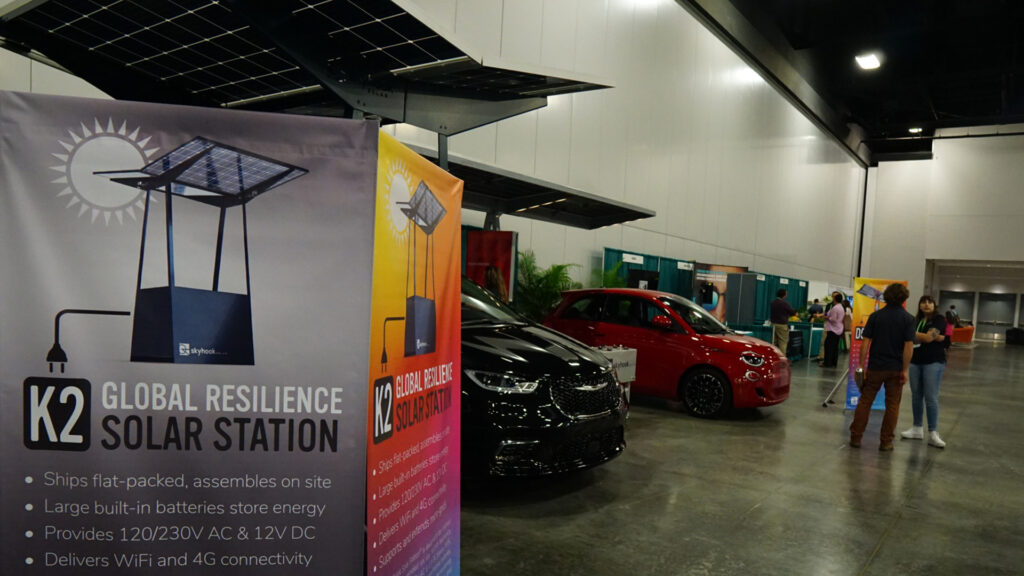By Will Charouhis, Forces of Nature
Although scientists have long predicted global warming would lead to more frequent and intense extreme weather, not enough people listened. But as temperatures continue to shatter every meteorological record on every continent on earth, that scientific debate has ended. It is March – and already 2024 is on track to be the hottest year ever on record.
This past year will be remembered as the year our planet started to flood, measurably. The escalating melt from Greenland and Antarctica is now on pace to add a foot of sea-level rise by the year 2050. In the United States alone, 2023 saw 28 climate-related disasters come barreling in, resulting in losses of more than $93 billion, and, more importantly, hundreds of lives.
Yet, despite the ominous science, we continue to burn fossil fuels. We are by no means on the right path. Inaction has ceded the fate of coral reefs, and the displacement of millions of people in small island nations and our own Florida Keys. And the effects of this science experiment we’ve conducted on our planet are just beginning; our choices are hurtling us toward an uninhabitable planet.

But the greatest crisis ever to face humanity is solvable, if we act now. Matching news reports of climate calamities are news reports of new technologies, directly capturing carbon from the atmosphere and scaling up renewable energy.
For the first time ever, investment in renewable energy is outsizing investment in fossil fuels, and new players across the globe are rapidly deploying climate solutions on a planetary scale. And the good news: Aspen Ideas: Climate is convening these ambitious changemakers in Miami Beach this week to collaboratively address this formidable challenge. This army of innovators are developing the path forward, implementing the solutions necessary to fix things.
Thanks to record innovation across fashion, transportation, construction and finance, fossil fuel emissions are finally slowing down. Helion Energy is building the world’s first fusion power plant, aiming to produce low-cost clean electric energy using a fuel derived from water. The transportation industry, long a pariah in its contribution to carbon emissions, is making gains toward carbon neutrality with CoFlow Jet’s introduction of electric lightweight aircraft technology.

We are finding ways to collect and eliminate waste, including Frakktal’s manufacture of building supplies from leftovers. Tackling food insecurity, the Innovative Genomics Institute is rolling out biotechnology to enhance the natural ability of plants to capture carbon from the atmosphere and grow larger crops that are resistant to climate change. And taking a crack at the water crisis, Oneka is using wave energy to turn ocean water into fresh drinking water.
The message of hope is this: While it is too late to stop climate change, it is not too late to slow it. Every action we take slows the effects of global warming incrementally, giving us time to adapt to the changes, and therefore giving us our best chance for survival.
Do we have what it takes? There remains no doubt that the sand in the hourglass is running out. But with this esteemed group of solutionists descending on our Magic City this week to help to ensure the habitability of our planet, I’m betting on humanity. Join the conversation, and let’s level it up.
Will Charouhis is an 18-year-old climate activist from Miami. He is the founder of Forces of Nature, a youth-led organization whose mission is to halt climate change.
If you are interested in submitting an opinion piece to The Invading Sea, email Editor Nathan Crabbe at ncrabbe@fau.edu. Sign up for The Invading Sea newsletter by visiting here.



